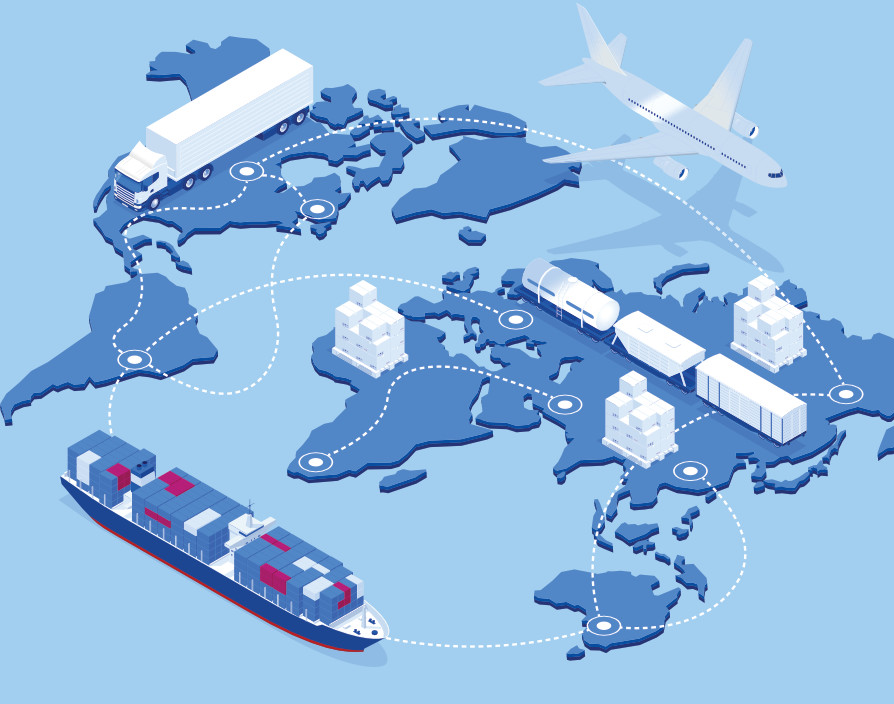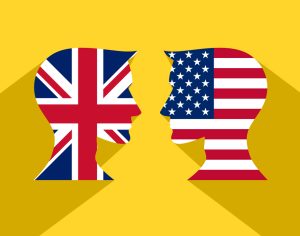Selecting the right partner to manage your imports and exports is crucial for business success. Arne Mielken of Customs Manager explains the essential points to consider.
Exporting has become more challenging after Brexit so having a competent customs agent or broker to help you navigate new trading rules has never been more important.
An experienced broker can deal smoothly with customs declarations on your behalf so you don’t have to worry about complicated paperwork slowing things down.
Whether it’s customs agents or brokers, freight forwarders or fast parcel operators, there’s a range of support available to help you cut through the maze of red tape.
But choosing the right partner is essential for trading success. That means being clear on what you want them to do, the services they provide and who is liable if there’s a problem.
Meeting your business requirements
Make sure you have enough information about your specific requirements before you speak to a customs agent. This should include the type of goods you move, the number of declarations you expect to make and the countries that you frequently trade with.
Ask them what customs experience they have and what type of goods they specialise in moving. It’s also a good idea to find out what routes they cover and whether they can handle the customs procedures for the countries you trade with.
And make sure they can cope with the volume of declarations that you expect to make. You should be able to estimate this for them on a weekly or monthly basis.
If your goods need a specific licence, special handling or are subject to other controls, ask the broker to confirm in writing that they’ll be able to deal with all your licencing needs. You should be clear about how the broker will charge for their services as well. They may charge a fixed fee, for example, or a fee per declaration, or both.
If your goods need to arrive at their destination within a specific timeframe, or need rapid clearance, check the agent can prioritise declarations for certain goods. In addition, make sure they can respond quickly to unforeseen issues that may arise while goods are being imported or exported, such as port congestion or an accident on the route, for example, or a missed ferry or transport connection due to incomplete paperwork.
Who is liable?
It’s important to establish exactly what you and the agent will each be responsible for prior to signing any agreement. Who will be responsible for import and export declarations, for example, or for safety and security declarations, and organising transport?
Also decide whether you want your broker or agent to act for you as a direct or indirect representative. If you hire someone to act directly for you, you’ll be solely liable for things like the accuracy of customs declarations and customs duties.
If acting indirectly for you, they’ll be jointly liable for such things. Make sure you provide written instructions to your broker that clearly show on what basis they are acting for you.
Lastly, agree on the most convenient way to share information with your intermediary to ensure they act efficiently on your behalf. Ask them what information they will need from you and how often they will need it.
Being clear on these points will allow you to make an informed decision when appointing a partner to help you with customs processes. This will remove some of the hassle of Brexit and help to ensure that you can trade as smoothly and as profitably as possible.
“
Share via:








































